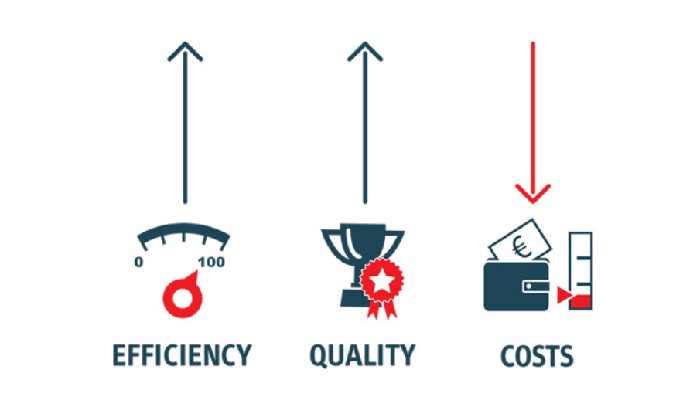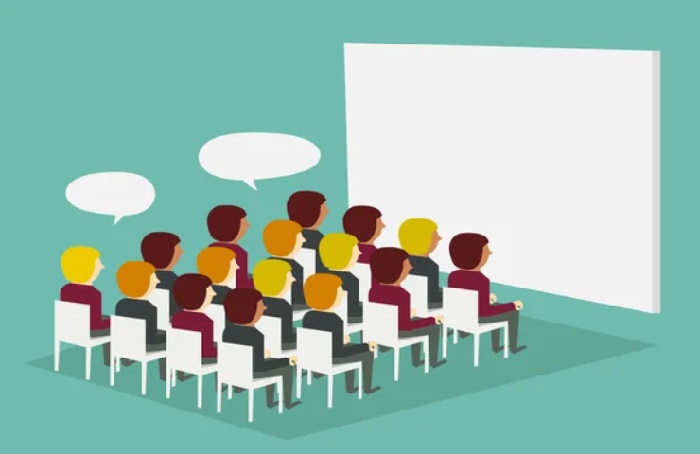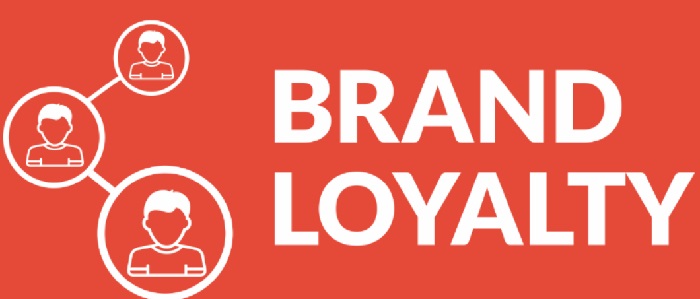Do you know what mass marketing is and how it benefits businesses? If you do, you are taking advantage of a valuable marketing strategy. No worries; even if you don’t know about this, all your doubts will be cleared through this article.
Using a standardized product, message, or campaign to reach a large audience without taking into consideration the preferences or wants of particular customers is known as Mass Marketing.
In this article, we will discuss mass marketing strategy. Moreover, we will cover its benefits for businesses. To learn about its benefits, first, we need to know what mass marketing is.
What is Mass Marketing?
Targeting a vast and diverse audience with a consistent marketing message, independent of their unique features, preferences, or habits, is known as mass marketing. Although it can also refer to digital channels like social media and email marketing, it is frequently connected with conventional advertising mediums like television, radio, print media, and billboards.
Advertising and promotional operations intended to reach a large audience through conventional mass media channels are above-the-line (ATL) marketing.
With the goal that some of the audience would make a purchase, mass marketing seeks to appeal to a large audience and raise brand awareness. It aims to reach as many people as possible while creating a recognizable brand.
See also – What is Organic Marketing? How to do it?
How is Mass Marketing beneficial?
Mass marketing can be beneficial in many ways. Below is the list of its benefits.
1. Cost-efficient
One of its key advantages is that mass marketing can be cost-efficient, especially for companies with modest resources. Businesses can cut marketing expenses like creative development, media placement, and distribution by addressing a large audience with a single message. Businesses that are just getting started or those operating in highly competitive areas may find this especially advantageous, as marketing expenses can rise quickly in these situations.
2. Increased brand awareness
By presenting their message to a large audience, it can assist businesses in raising brand awareness. Businesses can reach humongous potential clients and leave a positive image of their brand by utilizing high-visibility channels like television or billboards. With this enhanced exposure, businesses can become more well-known in the marketplace and set themselves apart from rivals.
3. Reach a large audience
Another benefit is that it swiftly and effectively connects firms with a large audience. This is especially helpful for companies that provide goods or services that appeal to a broad audience, or that aim to serve various clients for Video Marketing For Small Business. Businesses can connect with a diverse audience through mass marketing platforms, sparking interest and bringing in new clients.
4. Quickly measurable outcomes
Mass marketing can be quick to measure, particularly when it comes to digital marketing platforms. Businesses may clearly understand how their marketing initiatives function by analyzing data like website visits, social media engagement, or open email rates. They can use this information to inform their judgments regarding the subsequent marketing efforts and change their tactics as necessary.
5. Builds brand loyalty
Successful mass marketing efforts can build brand loyalty among customers. When a business develops a memorable and successful campaign, customers are more likely to relate positively to the brand. As customers get closer to the brand and its goods or services, loyalty may increase.
6. Viral marketing potential
Campaigns for mass marketing may also become viral, which means they may spread quickly through social media sharing or word-of-mouth. This can assist businesses in reaching a larger audience than they had initially intended, generating discussion about their brand and expanding their reach and visibility.
7. Influence on consumer behaviour
Mass marketing also can influence customer decisions, especially regarding commodities or services with broad market potential. By employing persuasive messages and imagery, businesses can persuade consumers to purchase or perform a desired activity. Using this with other marketing strategies like sales, giveaways, or time-limited deals can be particularly effective.
8. Enables targeted marketing
Targeted marketing activities can also be made possible through this. Companies can discover segments of the audience that are most likely to convert into customers by using data and analytics to analyze the audience addressed by a mass marketing campaign. This enables businesses to focus their marketing efforts on particular audience segments, which leads to a more successful overall marketing strategy.
9. Establish emotional ties
Establishing emotional ties with customers through mass marketing can be successful. Businesses may produce advertisements that connect with consumers more deeply through storytelling and striking images. Your first message to the audience as a brand is through your Boilerplate and then your advertisements, so understanding what a boilerplate is and how ads help in the success of a business is very important.
For instance, a commercial depicting a family can evoke powerful emotions in viewers, increasing the likelihood that they will remember and favor the company. Making emotional connections fosters brand loyalty and can result in enduring client relationships.
10. Competitive benefit
And finally, mass marketing can give companies a competitive edge. Businesses can reach a larger audience than their rivals, build a strong brand identity, and increase sales by employing this marketing tactic successfully. Businesses may benefit in the long run by increasing their profitability and gaining market share. Moreover, it can assist companies in staying ahead of shifting consumer tastes and market situations, enabling them to modify and develop their marketing tactics as necessary.
Conclusion
In conclusion, mass marketing can be a successful strategy for companies looking to reach a massive audience, raise brand recognition, forge emotional bonds with customers, and develop trust. It is still a significant part of the advertising industry, even if digital marketing has grown in popularity. It can be a helpful strategy for businesses looking to expand their consumer base and reach.
FAQs
Q1: Describe mass marketing.
A: A firm or organization uses the marketing method known as mass marketing to spread a single message or item to a sizable, diversified audience. It usually entails marketing or advertising a good or service via print, radio, and television without focusing on a particular audience.
Q2: What are the advantages of mass marketing?
A: Mass marketing has several advantages. It enables businesses to rapidly and effectively access a vast audience. This can assist in increasing brand awareness and forging a distinctive brand identity. Also, because the same message or product may be distributed across numerous channels without customization, it is typically more affordable than more focused marketing tactics. Mass marketing might work well for goods or services that appeal to a large audience or everyone.
Q3: Is mass marketing still effective in the current digital era?
A: Mass marketing is still influential today, even though digital marketing has created new avenues for targeted advertising. Many businesses combine mass marketing and targeted advertising to reach a larger audience and specifically target niches. Mass marketing is still successful in expanding audience reach and raising brand awareness.
Q4: Are there any drawbacks to mass marketing?
A: One of its key drawbacks is that mass marketing can be impersonal and may appeal to only some audience members. Even it could be less successful for goods or services that cater to a particular market or demographic. Mass marketing may be less successful than targeted marketing tactics that employ data to target specific groups due to the growth of digital media.







